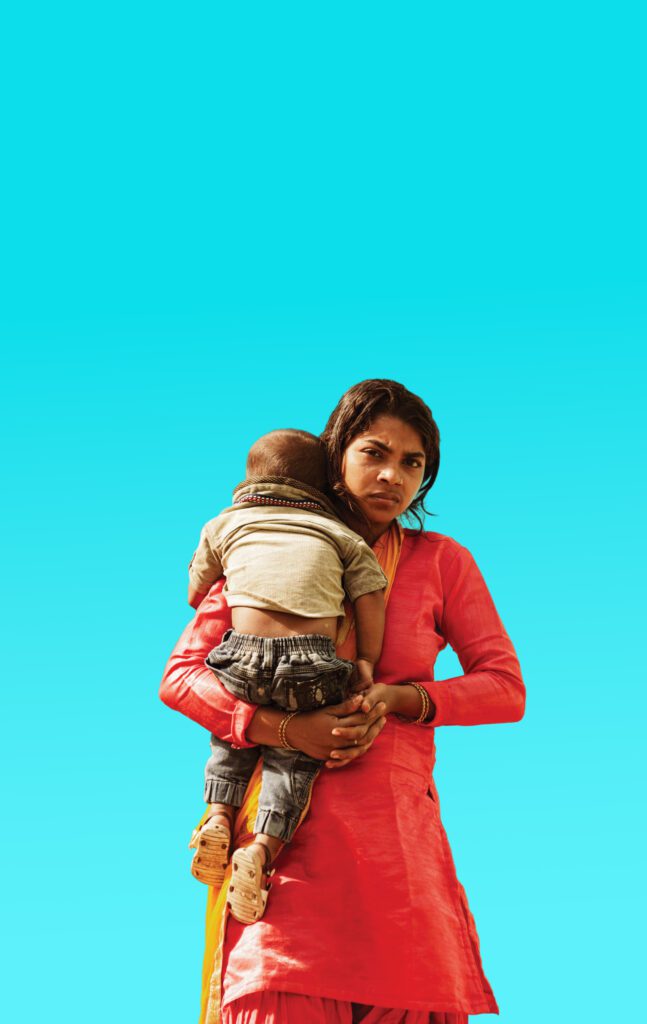
Today’s NY Times editorializes that President Obama’s request to Congress for formal authorization to conduct war is “indefensibly late.” They are referring of course to the support he is seeking for U.S. military action against ISIS in Syria and Iraq. Until now the Administration has been operating under the dubious authority of authorizations Congress passed in 2001 and 2002. The Iraq War authorization sought by President George W. Bush based on inaccurate assessments of weapons of mass destruction has been particularly discredited.
But there is another war the Administration has been reticent to formally embrace, for reasons that also have to do with a previous President’s attempts that were discredited. That is the war on poverty here at home, whose shortcomings during and since President Lyndon Johnson’s Great Society programs made such ambitious efforts unpopular to promote.
In his most recent State of the Union address President Obama didn’t speak of poverty at all except in the context of Ebola and extreme global poverty.
There is no question that terrorism and extremist violence is a serious threat. But so too is the extreme poverty destroying the lives of too many American children. 45 million Americans live below the poverty line and 46 million remain on food stamps, half of them being children. A majority of our public school students are from low-income families. There are 14.7 million poor children and 6.5 million extremely poor children in the U.S. today. Among 35 industrialized countries, America ranks 34th in terms of child poverty – ahead only of Romania.
The President’s action in forcing Congress to confront the war on terrorism and act decisively one way or the other is better late than never. One must hope he’ll soon do the same for the war on poverty. That battle is more necessary today than at any time since he took office. It ironic that fighting poverty here at home may require more political courage than fighting terrorism around the world.


